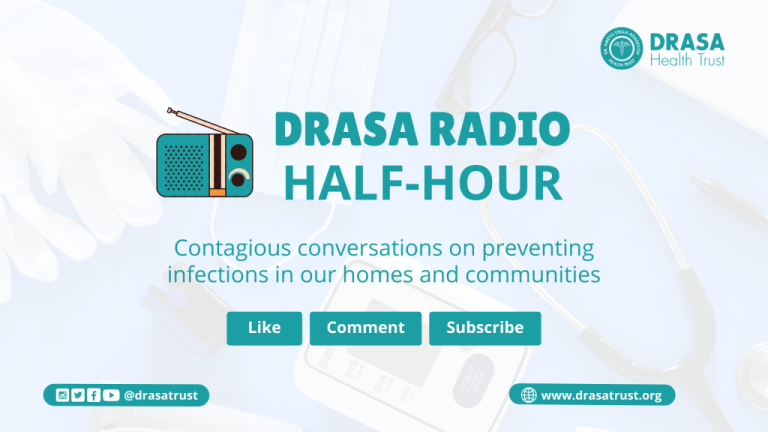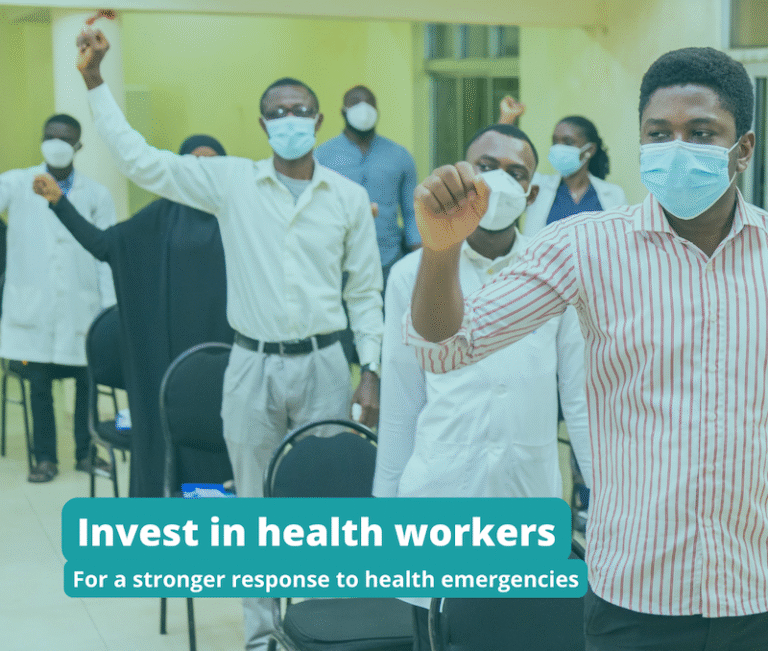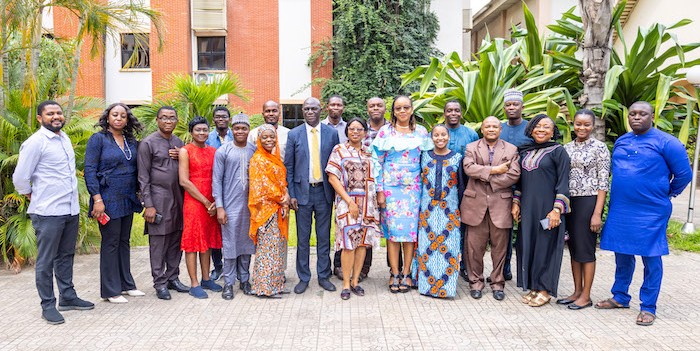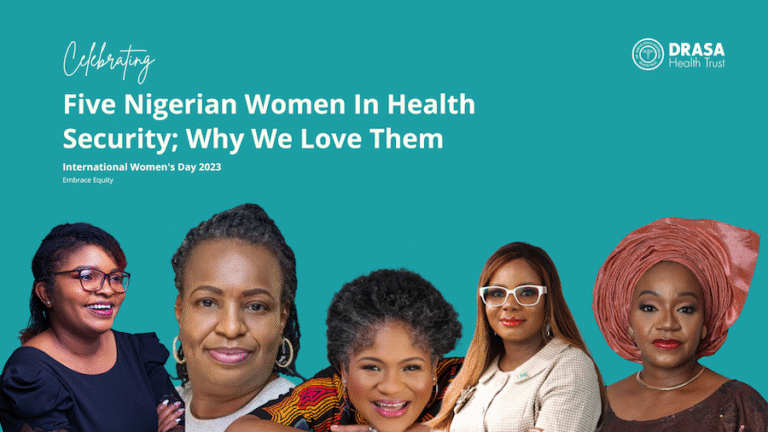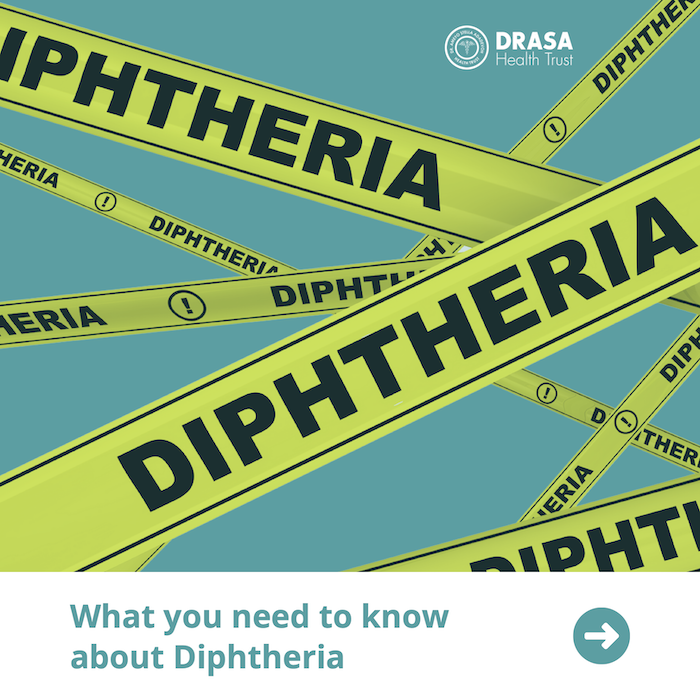Our DRASA Ambassadors Share Lessons Learned About Antimicrobial Resistance
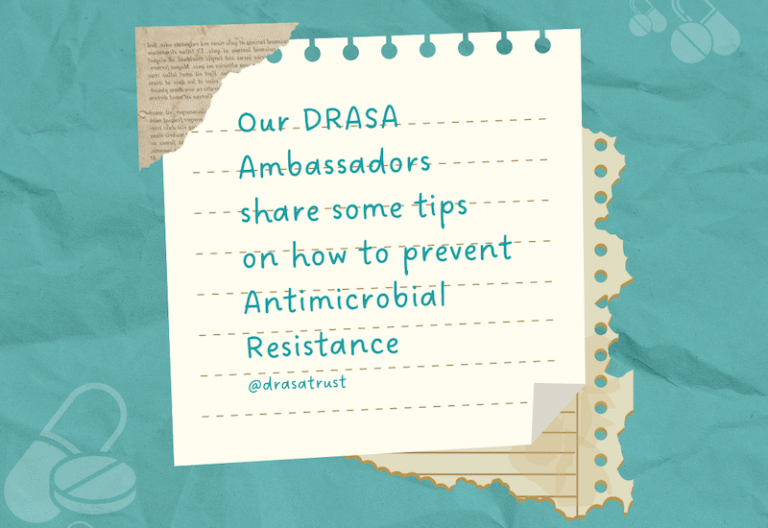
“Antimicrobial Resistance is a silent pandemic that is spreading faster than we anticipated but education is key to ensuring that everyone understands the risk, and takes steps to protect themselves and others” – Dr Tedros Adhanom Ghebreyesus, Director General of the World Health Organization According to the United Nations Environment Programme, antimicrobial resistance (AMR) is a top global health threat, with a death toll that could catch up to death rates from cancer (10 million deaths yearly) by 2050, if unchecked. It is closely linked to poverty, lack of sanitation, poor hygiene and pollution and could push 24 million more people into extreme poverty in the next decade. The quote above by the DG of WHO shows that though AMR is spreading faster than we expected, it can be counter-attacked by educating people. In line with the WHO’s charge to all countries of the world to develop and implement national action plans for curbing AMR, we are supporting Nigeria’s National Action Plan on Antimicrobial Resistance through our AMR School Program where we train and develop school students from low-resource settings to learn more about AMR and how to prevent it. Recently, we scaled this work to reach students in 30 schools in two states in Nigeria – Lagos and Osun – by establishing Health and Hygiene Clubs in their schools. Our focus is to equip them to drive the adoption of healthy and hygienic practices in their homes and communities. These students shared with us what they learned about AMR through our Clubs and how they are putting lessons learned to use in their communities. Here is what they have to say about what antimicrobial resistance (AMR) is: Here’s what they have to say about how to stop AMR: And here’s how they are spreading the good news and educating others on how to stay […]
